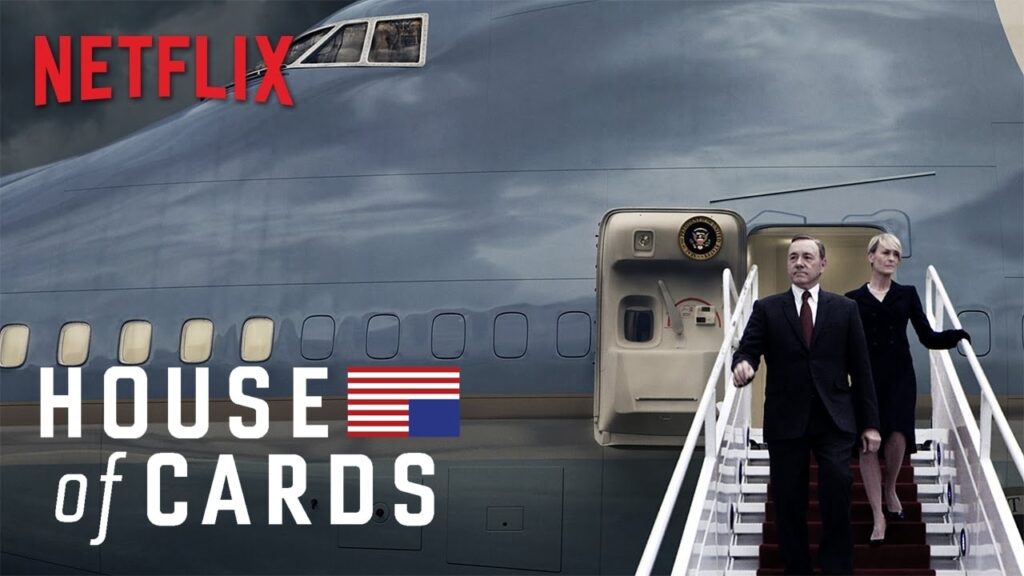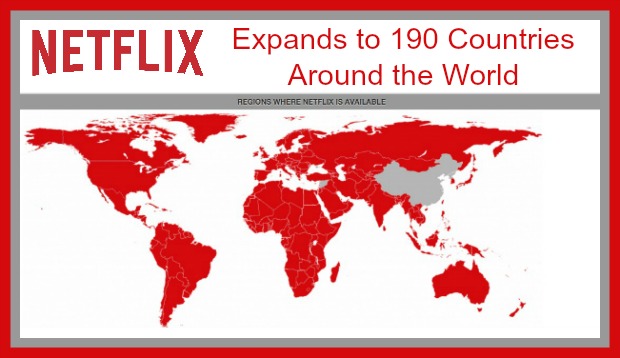Television! Does anybody remember those? Probably only when the internet is down. It is hard to imagine a world without digital streaming today. And, it is hard to imagine digital streaming without Netflix. In a few short years, the platform has gone from a rolling catalog of past favorites to a production house that produces some of the most-watched content of every year. However, changing the way people consume entertainment was not an easy journey. Netflix’s story is a study of how innovation, creativity, and some good old spirit can bring about a cultural revolution.
Lofty Ambitions and Small Potatoes
A large chunk of the internet has heard the alleged origin story of Netflix. Reed Hastings, one of the co-founders apparently had an ax to grind with the video rental agency Blockbuster, which had charged him an obscene 40 dollar late fee for the DVD of ‘Apollo 13’. But, this was dismissed by co-founder Marc Randolph in 2002. The story is not the old-fashioned revenge tale, but still a fascinating one.
It was 1997, and Amazon had begun to make its mark as the biggest success of the ‘dot com’ boom. Hastings and Randolph wanted to replicate the tech giant’s success, and as amazon had started with books, they decided to start with DVDs. Their model was simple – people would order DVDs online, and they would mail them via the US Postal service. Once people had their fill, they would post the CDs back. What Netflix offered to the people were convenience and affordability. Instead of going all the way to a Blockbuster and contending with a late fee, people could just order what they wanted to their doorstep. These two features would soon become the hallmark of Netflix. Hastings and Randolph did a trial run with a CD (DVDs were new technology and not available easily) and when it made it in one piece, Netflix was born.
Initially, Blockbuster was not very worried about the competition. In fact, when Netflix went to the Blockbuster CEO for a partnership, they were essentially laughed out. The brick-and-mortar company also lost a chance to purchase Netflix for 50 million dollars. Netflix’s current value is estimated to be over 200 billion dollars. Blockbuster’s reason to smile vanished with a bankruptcy filing in 2010.
Welcome to the New Age
By 1999, Netflix had a subscriber based model for its DVD rentals. But the company’s goal always had been to take it all online. Originally, Netflix wanted to offer an overnight downloading option, so that the movie could be watched the next day. After all, internet bandwidth was still very limited. But the success of YouTube convinced the management that streaming was the future. In 2007, as Netflix delivered its one billionth DVD, it began to offer streaming services to subscribers.
There was, but, one issue. Netflix was able to offer a much smaller collection online as compared to its DVD selection. Many companies and leaders would have perhaps switched back to DVD, but Netflix stood its ground. Focused on user experience, Netflix wanted to provide personalized movie recommendations. In fact, it hosted a one-million-dollar prize competition to find an algorithm that could beat its in-house predictor. Recommending options became beneficial all around. Viewers got new content, and production houses got exposure and more viewers. In the seven years between 2011 to 2018, Netfli reached a whopping 190 countries, with over 182 million subscribers worldwide.
We Make Our Own Rules – And Content

Most would have been more than happy to sit back and bask in the success Netflix has had. But not the people at Netflix. In 2013, it took another risk by producing its first Original TV show, the political thriller House of Cards. Universally lauded by critics and audience alike, the series showed that another one of Netflix’s big gambles had paid off. Since then, the streaming service had produced hundreds of original shows and movies. Almost all of them have become a mainstay of popular culture. And to the contention of many at Hollywood, won several prestigious awards.
Indeed, many today believe that Netflix’s major competition is other emerging streaming services. But as a streaming platform, Netflix has cemented its legacy. It is as a production house that it wants to be noted for now, and Hollywood is not too happy about that.
The Revolution Will Not be Televised
Netflix may have the heart of audiences worldwide, but respect from filmmakers is not really coming in. After the hard-hitting Roma was given a best picture nod (ultimately losing), Steven Spielberg was very vocal about his disdain for Netflix. According to him, movies that did not have a theatre run should not be nominated for awards. Christopher Nolan, whose movies are cinematographical spectacles, accused Netflix of ruining the movie experience.

While the criticism may sting, Netflix has begun to move past it already. It has won coveted titles at the Oscars, Emmys, Golden Globes and even the Grammys. Many commentators have dismissed Hollywood’s critique as rich and privileged celebrities dismissing convenience and affordability. And for many others, Netflix has opened up a path to representation and opportunities that were not available to them before. The platform has been lauded for its diverse storytelling and giving opportunities to up and coming creators across the globe.
The Lessons
Netflix’s cosmic rise has shown that creativity, affordability, convenience and innovation are a dynamic combination. The media revolution that has been brought by Netflix is no easy thing. But thanks to its commitment to the big ideas, Netflix has always struck gold. There were many times it could have chosen the safer route. Sticking to DVDs, sticking to premade content, bowing out of awards instead of fighting for a place at the table. But the company always stuck to its goals and risks, and has as a consequence changed the way we consume entertainment, perhaps forever.

